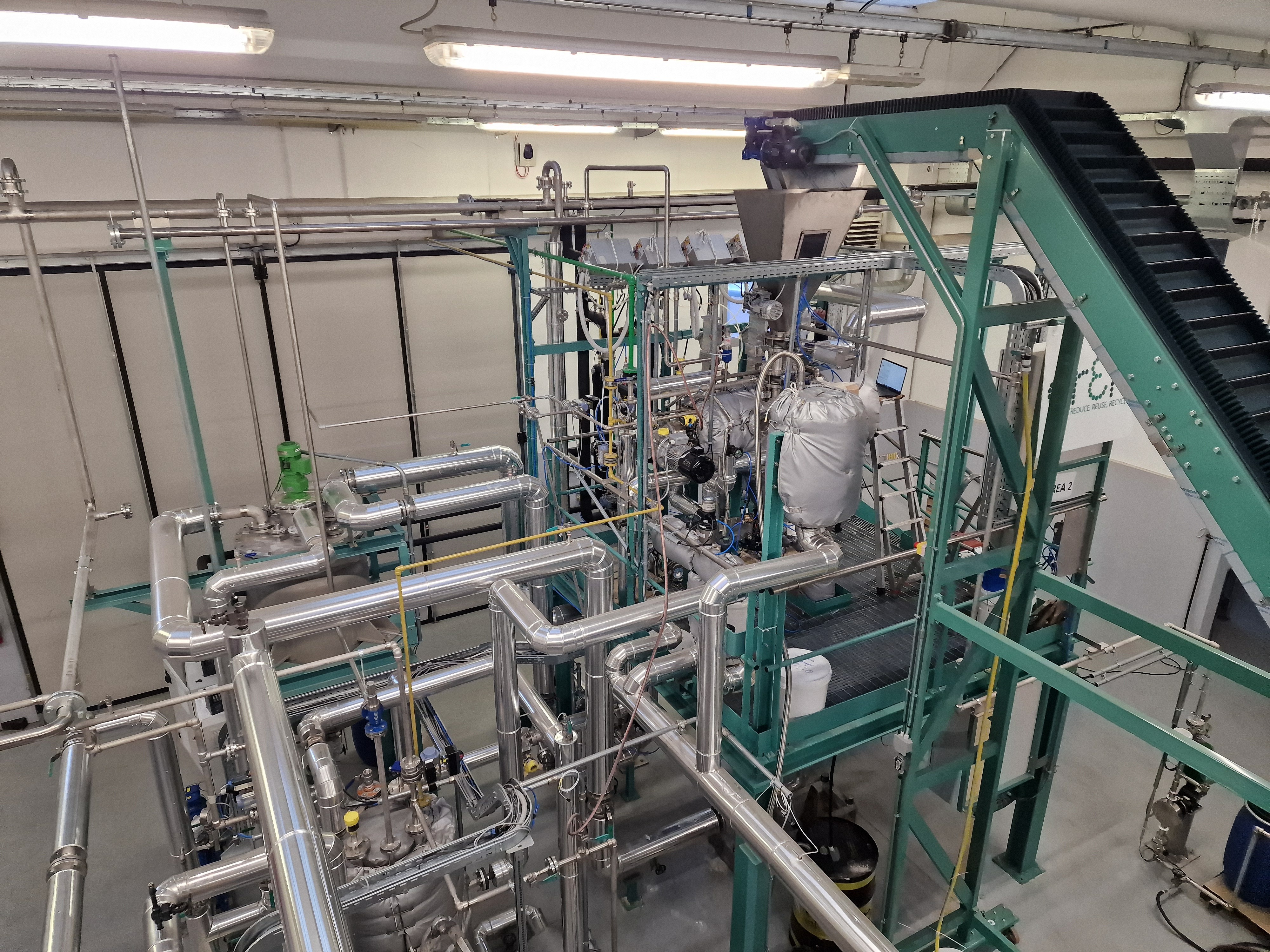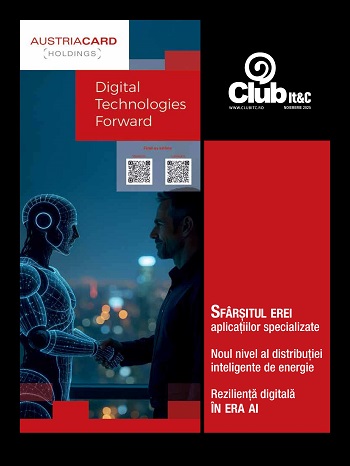Schneider Electric, the world’s most sustainable company and leader in the digital transformation of energy management and automation has partnered with GR3N, the Polyethylene Terephthalate (PET) chemical recycler to create the first open automation system for the advanced plastic recycling industry.
 With 50% of global plastic waste ending up in landfills and only 9% recycled, GR3N developed MADE, the Microwave Assisted DEpolymerization solution. This new process breaks down PET into its chemical building blocks that can be recombined to create new PET pellets with virgin-like quality for packaging and textiles, effectively closing the loop for hard to recycle plastic.
With 50% of global plastic waste ending up in landfills and only 9% recycled, GR3N developed MADE, the Microwave Assisted DEpolymerization solution. This new process breaks down PET into its chemical building blocks that can be recombined to create new PET pellets with virgin-like quality for packaging and textiles, effectively closing the loop for hard to recycle plastic.
The technology is based on alkaline hydrolysis, and it can manage a higher amount of impurities compared to the existing ones.
In March 2024, GR3N successfully demonstrated MADE and the power of Schneider Electric’s open automation technology, EcoStruxure Automation Expert at its demonstration site in Italy. MADE plant is conceived to anticipate the usage of all the technologies that will be finally adopted for the first industrial-scale facility, foreseen to be installed in Spain and with an expected capacity of over 40.000 ton/year of PET waste treated. The intrinsic modularity of GR3N’s proprietary recycling process has allowed MADE to be the first plastic recycling plant to use the shared automation runtime managed by Universal Automation, based on the IEC 61499 standard.
Due to EcoStruxure Automation Expert’s modular, agnostic nature, GR3N was able to choose the optimal technology for the demonstration plant and easily scale to new sites.
Global demand for plastics is expected to triple by 2060. Meeting demand and curbing pollution, while achieving net zero by 2050, requires a consumption model revolution.
The partnership between GR3N and Schneider Electric, that has started with the signature of a Memorandum of Understanding, will enable the chemical recycler to scale operations to new sites quickly and cost-effectively. The solution is expected to reach industrial scale by 2027 with the construction of a 35-40kta plant which will include the pre-treatment, depolymerization and repolymerization.





























